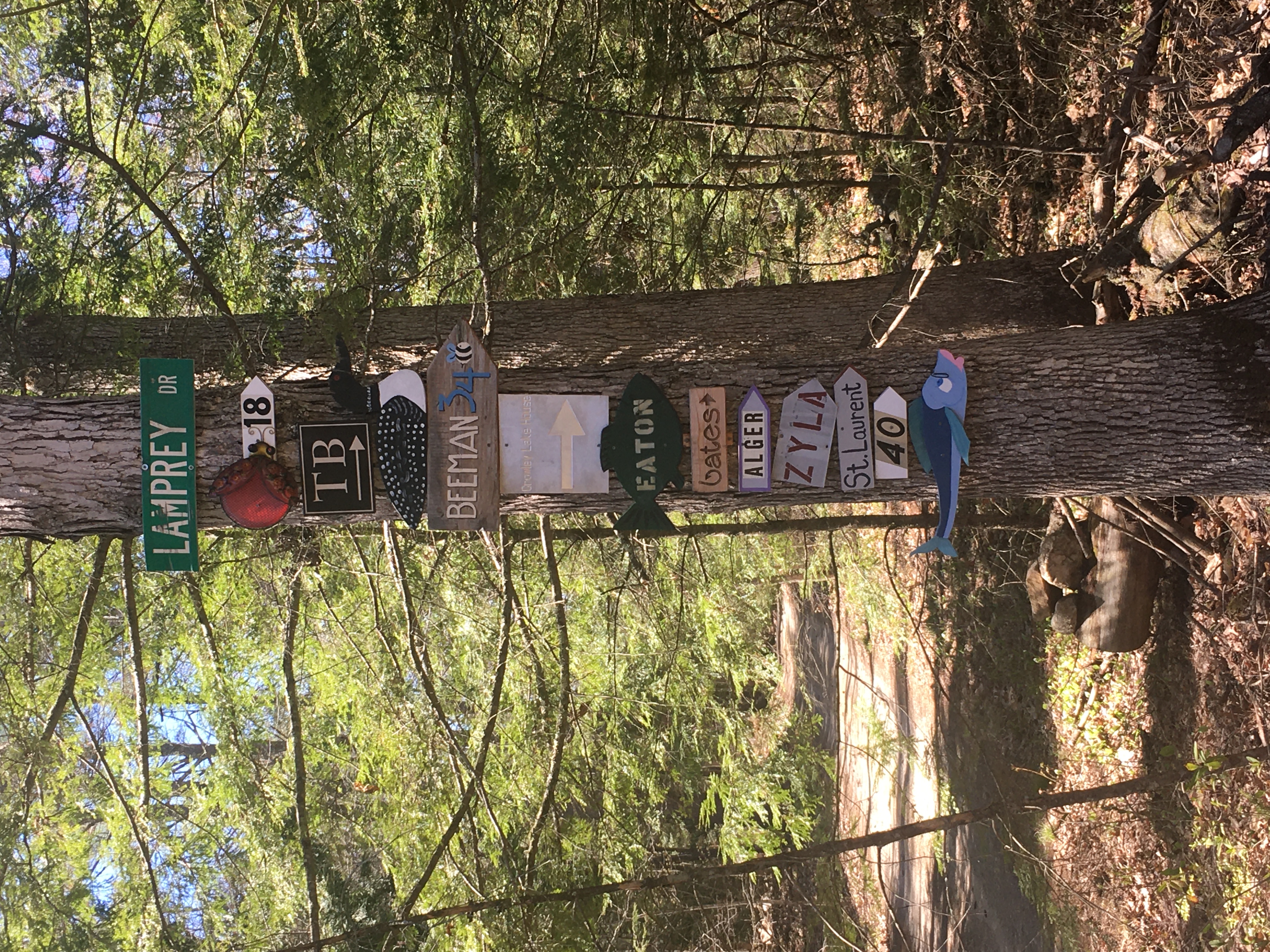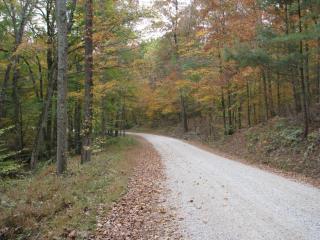 |
|
| Home | |
| Why Vote Yes? | |
| History of the Roads | |
| Fearmongering | |
| Derry's Losing Lawsuit | |
| 1st Rebuttal to Dumas | |
| 2nd Rebuttal to Dumas | |
| 3rd Rebuttal to Dumas | |
| FAQ | |
| About |
FearmongeringPerhaps the greatest concern at this point about the roads is fear about what will happen when the Town comes to terms with the fact that it created a bunch of public roads last century that it is just now officially acknowledging. In a lot of places, people who live on public roads want the Town to improve those roads, often quite substantially. It's important to understand that the reasons for Warrant Articles #19 and #20 have nothing to do with getting the Town to invest in road improvements. It's all about getting the Town to comply with New Hampshire State Law and to stop its illegal plan to abandon a large number of its public roads. Unlike when the camp roads were first constructed, when large numbers of people lived on dirt roads and getting those roads paved represented a major lifestyle improvement, these days not many people live on dirt roads. They're now considered quaint and rustic. These are characteristics that are part of the charm of having a home that is reached by one of these roads, as it invokes the nostalgia for country roads 
Folks who live in these neighborhoods like their rustic ambience. They want their neighborhoods preserved, not changed. Consider the old-fashioned camp road signs that the residents display on these roads to lead visitors to their homes. With nearly everyone now having GPS systems to give them directions, these signs serve no functional purpose anymore. Yet new residents diligently put up signs to their homes to maintain the rustic character of their neighborhoods. 
In many situations, living on a narrow dirt road is an advantage. Cars cannot drive so fast. Drivers must pay more attention. Modern cars tolerate dirt roads much better than the cars people drove in the late 20th century. All-wheel-drive cars are now commonplace. Front-wheel drive cars handle muddy roads far better than rear-wheel drive cars do. Few people drive rear-wheel-drive cars anymore. Because of the improvement in cars, there's less interest in road improvements now. Nottingham is full of old dirt roads. There's even a website that catalogs some of them. Old dirt roads are now relatively scarce. People increasingly want to protect them and they seek them out as places where they can live a more rustic lifestyle. 
These days people in residential neighborhoods want their towns to invest in "traffic calming" measures. Instead of widening roads, they want them narrowed. Instead of smoothing roads, they want bumps installed. Instead of making the roads better suited to vehicles, they want them better suited to pedestrians. These are reasons people have sought out homes serviced by old camp roads. They want to keep these characteristics, not change them. Towns are not legally required to reconstruct old roads to modern standards. When the Town of Derry lost its similar lawsuit, the Court said that the Town did not have to improve the roads. If firetrucks and ambulances can navigate the roads, the roads are okay. For a quarter century these roads have been managed as Emergency Lanes, which ensured that they were passable by firetrucks and ambulances. Officially recognizing that the camp roads have for decades been legally public roads isn't going to affect the firetrucks and ambulances one bit. Not only are towns not legally required to bring up old roads to modern standards, the State of New Hampshire enables towns to designate such old roads as "scenic" roads in order to legally prevent such enhancements. See RSA 231:158. |